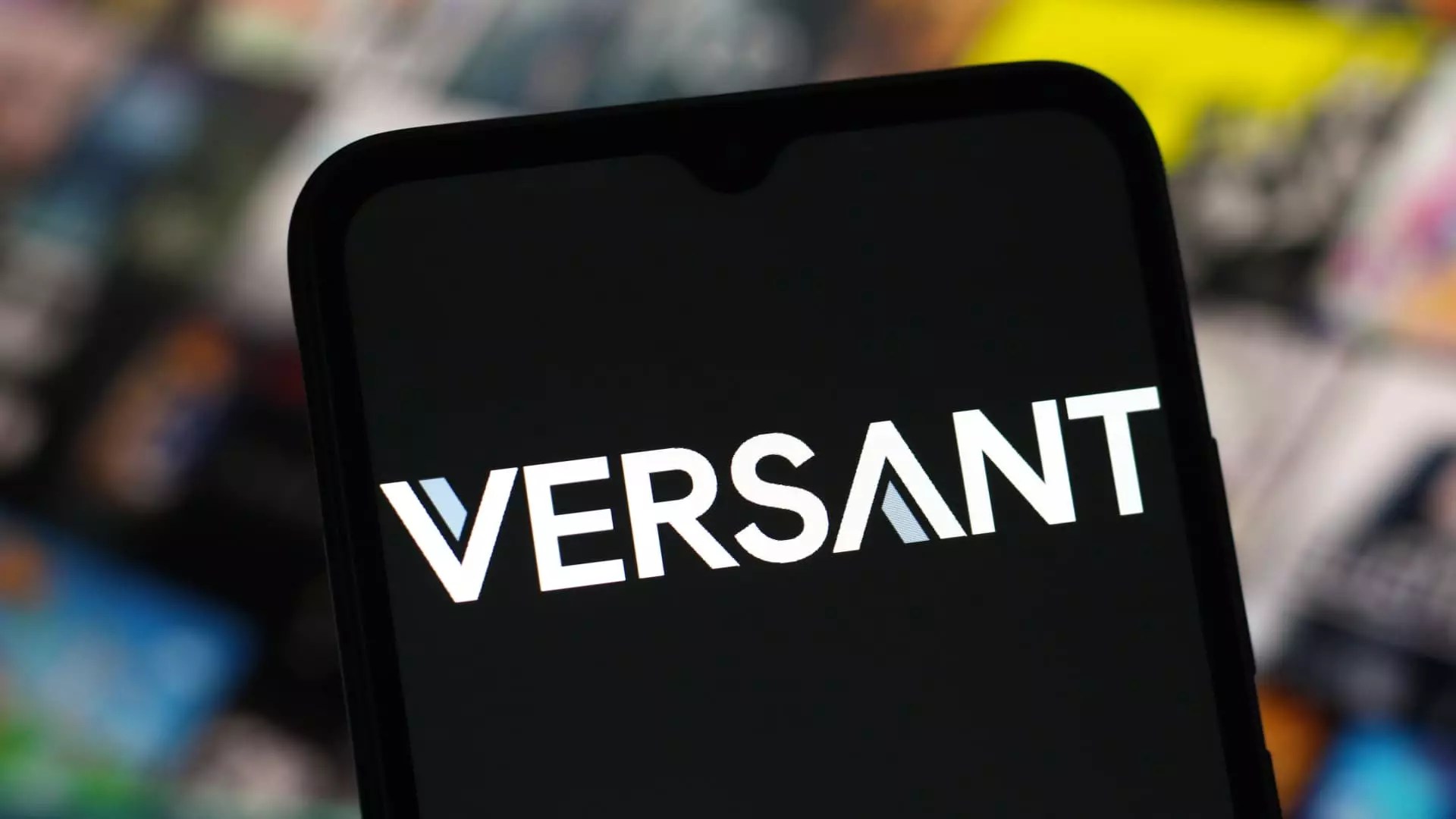In an era where traditional media struggles under the weight of shifting consumer habits, Comcast’s decision to spin off Versant appears both daring and necessary. By delineating its declining cable assets from its more lucrative internet and streaming divisions, Comcast aims to create clarity and unlock value. This division reflects a pragmatic, if somewhat pessimistic, acknowledgment that the cable business is no longer sustainable at traditional profit margins. The move signals a prioritization of future growth areas—streaming, on-demand content, and digital advertising—while quarantining the dying relics of legacy media. It’s a calculated response to a brutal market environment, not a hasty retreat.
The Financial Reality: A Deteriorating Bottom Line
However, beneath the surface lies a sobering truth: Versant’s financial trajectory is sinking, not soaring. Recent filings reveal a steady decline in revenue over the past three years, dropping from $7.8 billion in 2022 to an estimated $7 billion last year. This downturn is emblematic of the broader industry decline, and one has to question whether the IPO is an attempt at survival or a desperate attempt to attract investor interest amidst shrinking assets. Net income margins are also under pressure, shrinking from $1.8 billion to $1.4 billion, signaling that even as the company still generates significant profits, those profits are narrowing. For investors, the question isn’t just about the current numbers but whether Versant can reinvent itself amidst the streaming revolution.
The Market and Competition: Holding onto Relevance
Versant’s future hinges on its ability to adapt in a fiercely competitive landscape. With 65 million households still subscribing to cable, the company faces the daunting challenge of transforming traditional media assets into viable streaming competitors. The brands under Versant—CNBC, MSNBC, E!, and others—are valuable, but their legacy content and delivery infrastructure are increasingly obsolete. The key question is whether Versant can leverage its existing brand equity to innovate and differentiate in a digital-first world. Complacency or reliance on the strength of these brands to capture streaming audiences is a dangerous gamble, especially without a clear, aggressive growth strategy.
The Broader Implication: A Shift in Media Power
This move by Comcast extends beyond mere corporate restructuring; it reflects a broader reckoning within the media industry. Legacy cable providers are trying to leverage their valuable assets while disentangling from the declining parts of their business. Yet, this strategy remains fraught with risks. There is no guarantee that content brands like CNBC or MSNBC will successfully pivot, nor that Versant will emerge as a viable streaming competitor. If anything, the IPO underscores a desperation to maintain relevance in an environment where traditional media outlets are constrained by falling ad revenues and waning viewership. Whether Versant will thrive or simply survive remains to be seen; what’s clear is that Comcast’s gamble places a significant, uncertain bet on the future of cable-inspired brands in a digital age.

